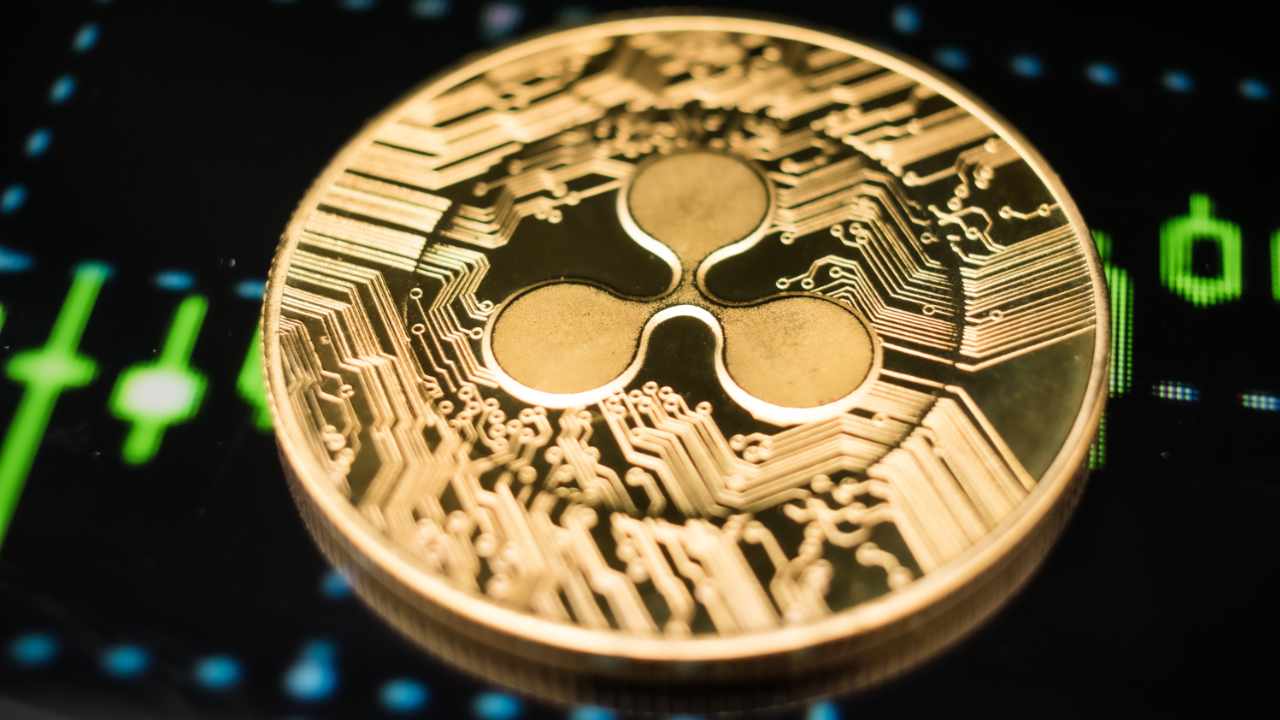Understanding Token Economics for Energy Markets
Token economics for energy markets is transforming how energy is produced, distributed, and consumed. By integrating blockchain technology with sustainable energy solutions, Novion has created a green model that leverages tokens to optimize efficiency and incentivize participation. This innovative approach ensures transparency, traceability, and active engagement from all stakeholders, from energy producers to consumers.
In traditional energy markets, intermediaries often control distribution and pricing, resulting in inefficiencies and limited access to renewable energy sources. token economics for energy markets eliminates these barriers by allowing direct peer-to-peer energy trading. Tokens act as digital representations of energy units, enabling precise tracking and fair compensation for green energy contributions.
How Novion Applies Token Economics for Energy Markets
Novion’s model uses token economics for energy markets to encourage renewable energy adoption and maximize economic benefits. Each token represents a quantifiable unit of energy generated from sustainable sources, such as solar, wind, or hydro. Users can trade, store, or invest these tokens, fostering a decentralized and highly efficient energy ecosystem.
By leveraging token economics for energy markets, Novion provides incentives for energy producers to generate more clean energy. Consumers also benefit by gaining access to affordable and transparent energy options. This tokenized framework ensures that every transaction is secure, auditable, and aligned with environmental goals.
The Role of Incentives in Token Economics for Energy Markets
In token economics for energy markets, incentives play a crucial role in shaping behavior and promoting sustainability. Novion’s green model rewards participants who contribute to energy efficiency, such as households that reduce consumption during peak hours or businesses that integrate renewable energy sources.
Tokens serve as both a medium of exchange and a reward mechanism. Participants earn tokens for producing or conserving energy, which can then be reinvested in further green initiatives. This cyclical system not only reinforces sustainable practices but also stimulates economic growth within the energy sector.
Transparency and Security Through Blockchain
Blockchain technology is the backbone of token economics for energy markets. Novion leverages blockchain to record every token transaction immutably, ensuring complete transparency and eliminating the risk of fraud. Smart contracts automate energy trading processes, enabling instantaneous and trustless settlements between producers and consumers.
The integration of blockchain with token economics for energy markets creates a secure environment where energy credits cannot be duplicated or misused. This security framework reassures investors, regulators, and participants that Novion’s model operates fairly and sustainably.
Enhancing Market Efficiency with Tokenization
Token economics for energy markets enhances market efficiency by reducing administrative overhead and enabling real-time energy trading. Traditional energy grids rely on centralized management, which can be slow and costly. Novion’s tokenized approach allows participants to respond dynamically to supply and demand fluctuations.
With token economics for energy markets, energy prices are determined by actual consumption and production patterns rather than arbitrary tariffs. This transparency reduces wastage, lowers costs, and ensures a more resilient energy system. Additionally, tokenization opens opportunities for microgrid management, where communities can self-manage energy production and distribution effectively.
Environmental Impact of Token Economics for Energy Markets
A key advantage of token economics for energy markets is its potential to drive environmental sustainability. Novion’s green model incentivizes renewable energy adoption, reducing reliance on fossil fuels and lowering carbon emissions. By attaching tangible value to clean energy production through tokens, the system motivates participants to prioritize eco-friendly solutions.
As token economics for energy markets gain traction, more individuals and businesses are empowered to make environmentally responsible choices. The decentralized nature of the system allows for scalable solutions that can accommodate growing energy demands without compromising sustainability goals.
Future Prospects of Token Economics for Energy Markets
The future of token economics for energy markets looks promising, with Novion leading the way in innovation. By continuously refining its green model, Novion aims to integrate advanced analytics, AI-driven energy forecasting, and dynamic pricing mechanisms. These enhancements will further optimize energy allocation, reduce wastage, and maximize the value of each token within the ecosystem.
Global adoption of token economics for energy markets could transform the energy industry, promoting equitable access, improving efficiency, and accelerating the transition to renewable sources. Novion’s pioneering approach demonstrates how blockchain and tokenization can create a sustainable, transparent, and resilient energy future.
Conclusion
Token economics for energy markets represents a paradigm shift in how energy systems operate. Novion’s green model exemplifies the power of combining blockchain, tokenization, and renewable energy to create an efficient, transparent, and environmentally responsible energy ecosystem. By incentivizing sustainable practices and enabling decentralized trading, token economics for energy markets not only drives economic growth but also accelerates the global transition to clean energy.
